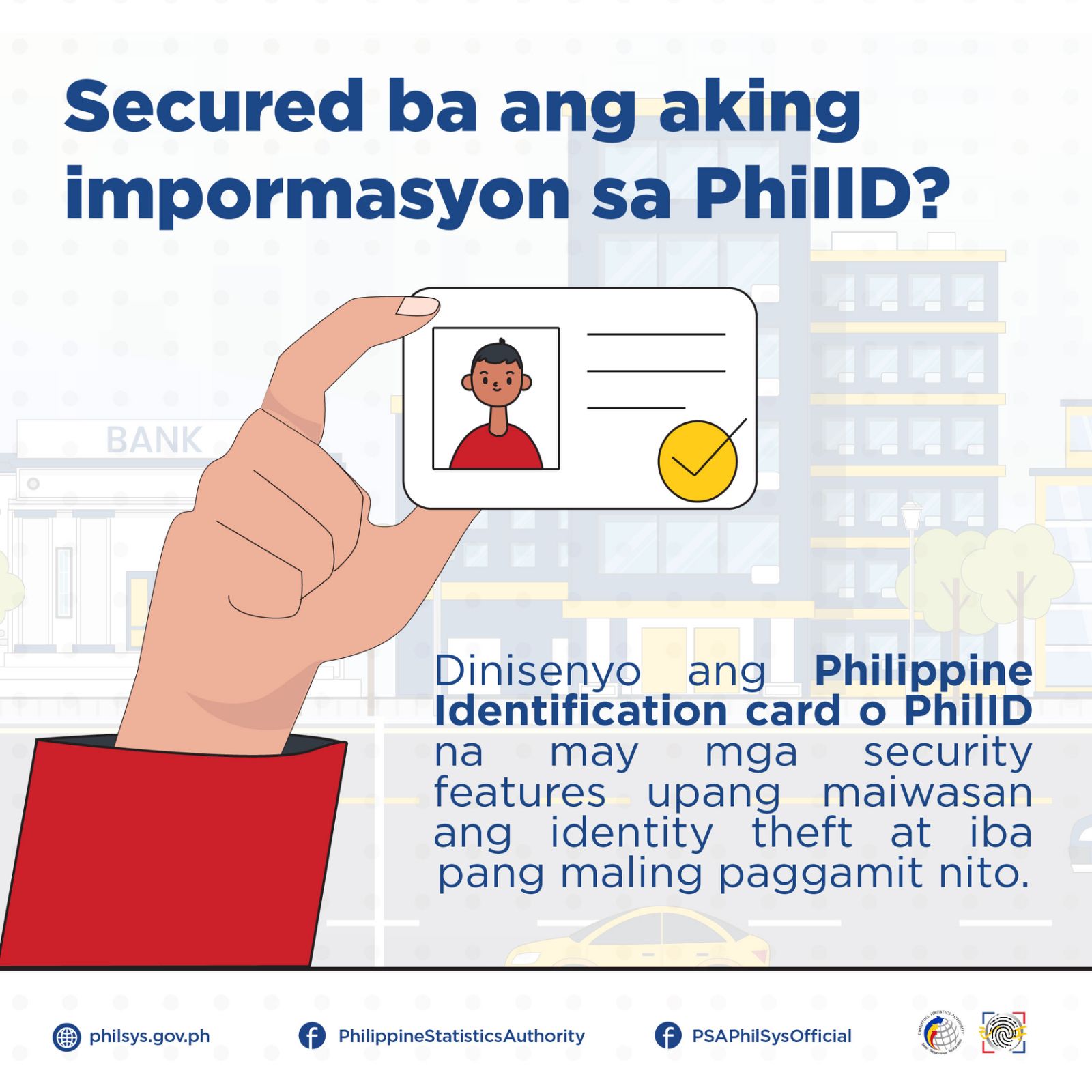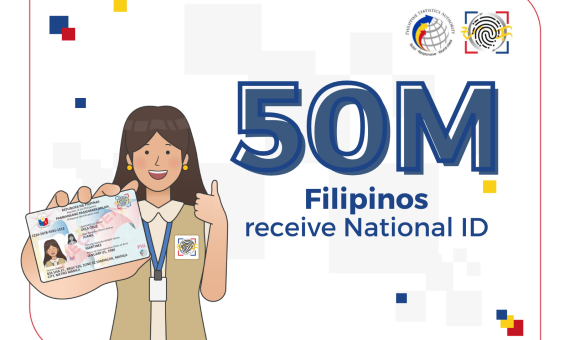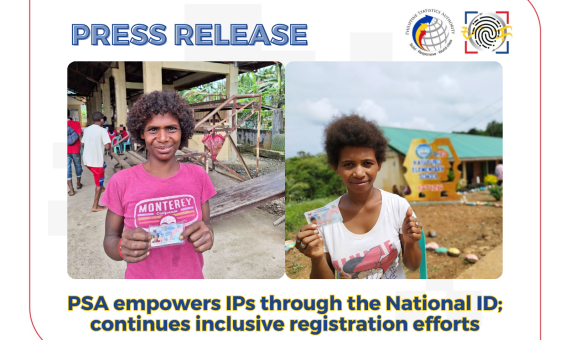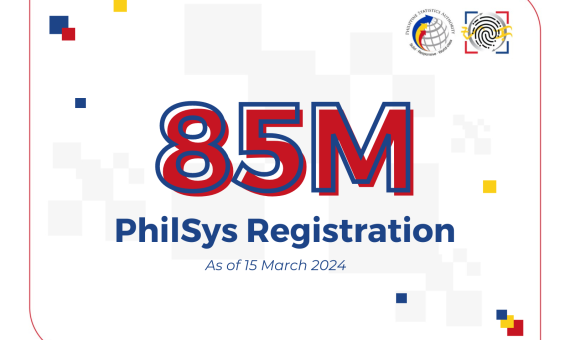In partnership with the Bangko Sentral ng Pilipinas (BSP), the Philippine Statistics Authority (PSA) highlights a host of security features of the Philippine Identification card or PhilID to ensure robust protection against counterfeiting and identity theft.
The PhilID is purposefully designed to have overt and covert physical and digital security elements. PSA assures the public of easier and safer transactions using PhilID. In terms of physical security elements, the PhilID is integrated with anti-counterfeiting security features such as guilloche print, hologram, security inks, optically variable inks, and latent images similar to the security features used in banknotes and other security documents.
Complementing the physical security features, the PhilID card also contains a digitally-signed QR code with selected demographic information for digital security and to facilitate offline verification of identity. PSA will soon roll out a website and offline mechanisms to enable relying parties such as government agencies and financial service providers to verify, using public-private key cryptography, the digital signature in the QR code to confirm that the demographic information is accurate and has not been tampered. The same QR code mechanism will be available through electronic versions of the PhilID, such as an app, in which the implementation is part of the roadmap for the Philippine Identification System (PhilSys).
PSA engaged the services of the BSP to produce the PhilID cards and provide personalization equipment and facilities. PSA manages the personalization process. Meanwhile, the official delivery partner for the PhilID is the Philippine Postal Corporation (PHLPost).
“The PhilID card is the physical representation of the entire PhilSys program and the PSA is working closely with BSP for the production and personalization of PhilIDs, leveraging on our central bank’s longstanding, solid reputation for excellence in producing secure prints for Filipinos – from our banknotes to our passports. We assure the public that the security features applied in the PhilIDs are there to protect their identity and to make the PhilID the best valid proof of identity for Filipinos,” said PSA Undersecretary Dennis S. Mapa, National Statistician and Civil Registrar General.
The PhilID contains on its front face a 16-digit PhilSys Card Number (PCN), which serves as a unique identity number that must be accepted by public and private institutions for authentication purposes of the PhilID. The PCN is a derivative of the permanent 12-digit PhilSys Number (PSN), which is microprinted on the back of the PhilID and provided on the letter that accompanies delivery of the PhilID.
The PCN, with its conspicuous placement on the PhilID, and the microprinting of the PSN are features of the PhilSys’ implementation of tokenization of the permanent PSN, in line with the core principle of privacy-by-design. It enables temporary derivatives of the PSN (such as the PCN) to be used in the same way as the PSN, which reduces the opportunities for the PSNs to be compromised, resulting in lower risks of privacy breaches and identity theft. Filipinos are therefore advised to be cautious in disclosing and using their PSN in any transactions.
After getting the demographic and biometric data during Step 2 of the registration process, PSA personalizes the PhilID cards and generates the registered person’s PSN. PSA also ensures that the PSN is unique to one person through a deduplication process. For Step 3, successful registrants will receive a PhilID card and accompanying letter with their PSN, which should be retained and kept secure.
As of 17 June 2021, a total of 561,042 PhilID cards are with PHLPost for delivery, or almost 15 percent of 3,605,401 registrants who have passed processing and deduplication following Step 2 of their registration.
PSA issued a call to government agencies and private businesses to acknowledge the PhilID as a valid proof of identity in accordance with Section 12 of Republic Act No. 11055 or the PhilSys Act.
Through the PhilID containing the PSN and PCN, PhilSys aims to provide a valid proof of identification that will ease the public’s access to financial services, social protection, health, education, and other government services, and make public and private transactions safer, more seamless, and more efficient for all Filipinos.
For the latest information on PhilSys, visit the official PhilSys website (www.psa.gov.ph/philsys) or Facebook page (www.facebook.com/PSAPhilSysOfficial/). You may also reach the PhilSys Registry Office via hotline number 1388 or e-mail at info@philsys.gov.ph.
– PhilSys Registry Office






